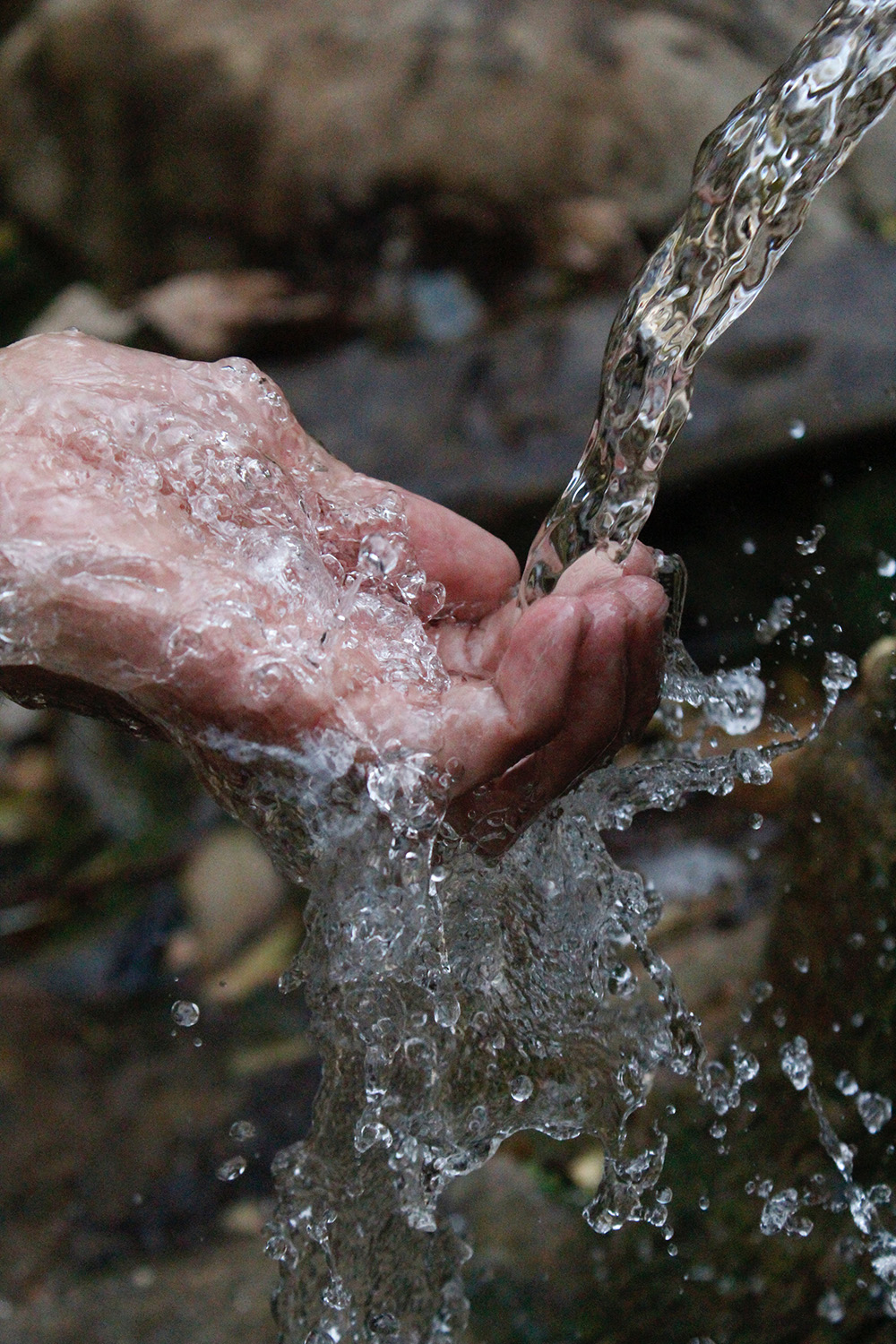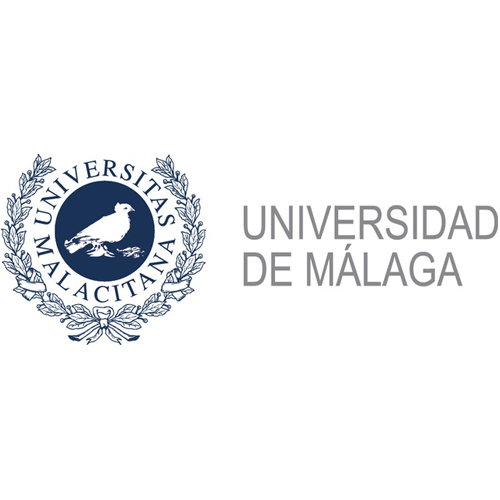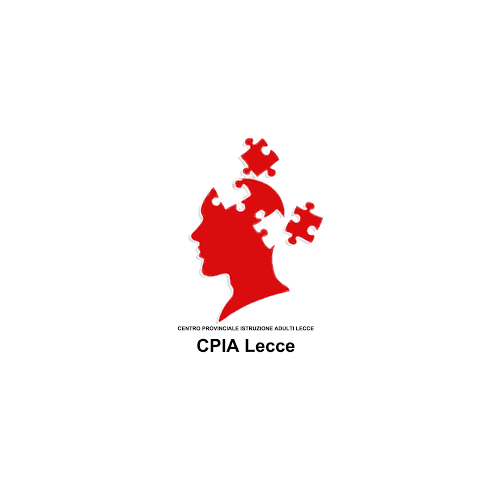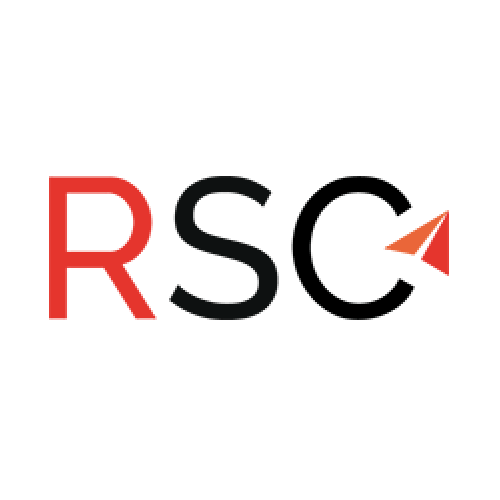Project
It is increasing the awareness that the low-cost 'use and throw away' consumption model is not sustainable. Among its main consequences there are the excess waste and climate change, but also the inequality, labour exploitation and economic dependence of many poor communities on large MNE. Faced with unconscious waste, the need to bet on responsible consumption has moved large bodies such as the UN and the EU to establish the SGE12 for responsible "Consumption and Production" among their objectives. CARE (Consumption Awareness for Responsibility towards the Environment) goal focuses on the private sphere of consumption in individuals and families. Consumption occurs throughout life and the education for responsible and conscious consumption should be a part of cross-cutting training, something that only has started to happen recently but did not reach those who are now mature adults.
CARE will offer this education to adult consumers, with the aim of providing objective and non-biased information on the economic, environmental effects of their consumption decisions, covering also social concerns such as working conditions, gender gaps and the cultural impact of the production of goods and services. The purpose of CARE is to increase social and environmental awareness and the perception of the cultural value of traditional and more rigorous habits, for so promoting responsible consumption, through reuse, recycling, preference for nearby products, reduction of waste and draining of water and energy, moderate use, etc. The need for a project like CARE increases precisely at this very moment, in which the end of the CoVid-19 pandemic is glimpsed and the expectation of an unprecedented uptick in the consumption of individuals and families once restrictions are relieved could be anticipated.
The areas in which CARE will focus are four, namely: responsible food, based on natural products, little processed, local and seasonal; responsible mobility, through non-polluting and healthy means of transport in daily life and on large journeys, also becoming aware of the social impact of mass tourism; responsible clothing, encouraging the acquisition of solid and durable garments, the reusing and input of recycled materials; and the responsible use of resources in order to minimize and optimize the draining of water and energy, the adequate waste management, etc., and becoming aware of the impacts that the goods we use have produced throughout its value chain.
CARE will also address the side of the offer, providing a door to the generation of entrepreneurial ideas and initiatives based on sustainable and responsible business models, but its central focus is set on consumers, understanding that it is demand that generates a supply tailored to its needs, and it is precisely by acting on that demand that can give rise to the creation of innovative and socially and environmentally respectful firms.
Responsible
food
Responsible
mobility
Responsible
clothing
Responsible
use of resources









